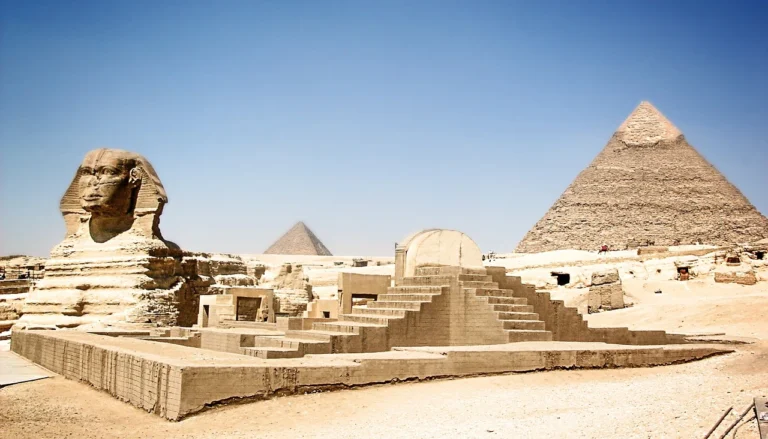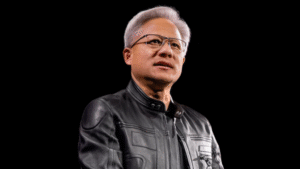Cairo, Egypt – Long before modern borders and contemporary nation-states existed, powerful civilizations were already laying the foundations of governance, culture, and society. These early states shaped human history, influencing politics, religion, science, and philosophy in ways that continue to resonate today. When we talk about the world’s oldest countries, we’re not merely listing places with long histories — we’re exploring the roots of civilization itself.
At the top of this list is Iran, known historically as Persia, which dates its first organized government to around 3200 BCE. From the Achaemenid Empire to the Sassanian dynasty, Persian states built sophisticated bureaucratic systems, contributed to science and astronomy, and established cultural legacies that would define much of the Middle East. Its enduring influence can still be seen in language, architecture, and governance models across the region.
Close behind is Egypt, unified under King Narmer around 3100 BCE. Egypt’s monumental achievements — the pyramids, hieroglyphic writing, and advanced medicine — laid the groundwork for statecraft and civilization. Its model of centralized governance influenced countless empires that followed, while its art, religion, and architecture continue to fascinate scholars and travelers alike.
Asia also features prominently in this historical tapestry. Vietnam, founded in 2879 BCE with the rule of the Hung Kings, developed a society deeply rooted in Confucian values and cultural traditions. Meanwhile, Armenia, tracing its foundation to 2492 BCE, became the first nation to adopt Christianity as a state religion and boasts a cultural heritage defined by unique language, architecture, and literature.
Perhaps the most surprising entry on the list is North Korea, whose roots trace back to the legendary kingdom of Gojoseon in 2333 BCE. While its modern political system emerged after World War II, its ancient foundations reflect a long legacy of governance, metallurgy, and philosophical traditions that shaped the Korean Peninsula. Similarly, China, with the Xia dynasty beginning around 2070 BCE, gave the world transformative inventions like papermaking and the compass, alongside philosophical schools that shaped East Asian societies.
India’s history, stretching back to the Indus Valley Civilization around 2000 BCE, showcases early urban planning, complex trade networks, and spiritual traditions that gave rise to Hinduism, Buddhism, and Jainism. Georgia and Israel, both dating to around 1300 BCE, represent the ancient crossroads of civilizations, influencing global culture through religion, trade, and political innovation. Rounding out the list, Sudan’s Nubian kingdoms, established around 1070 BCE, contributed significantly to early African governance and monumental architecture.
These nations demonstrate that history isn’t just a timeline — it’s a living legacy. From the administrative systems of ancient Persia to the philosophical traditions of China and the spiritual revolutions born in India and Israel, the oldest countries in the world continue to shape how humanity governs, believes, and builds. Their stories are reminders that the roots of modern society run far deeper than today’s borders, connecting us to a shared heritage that spans thousands of years.









